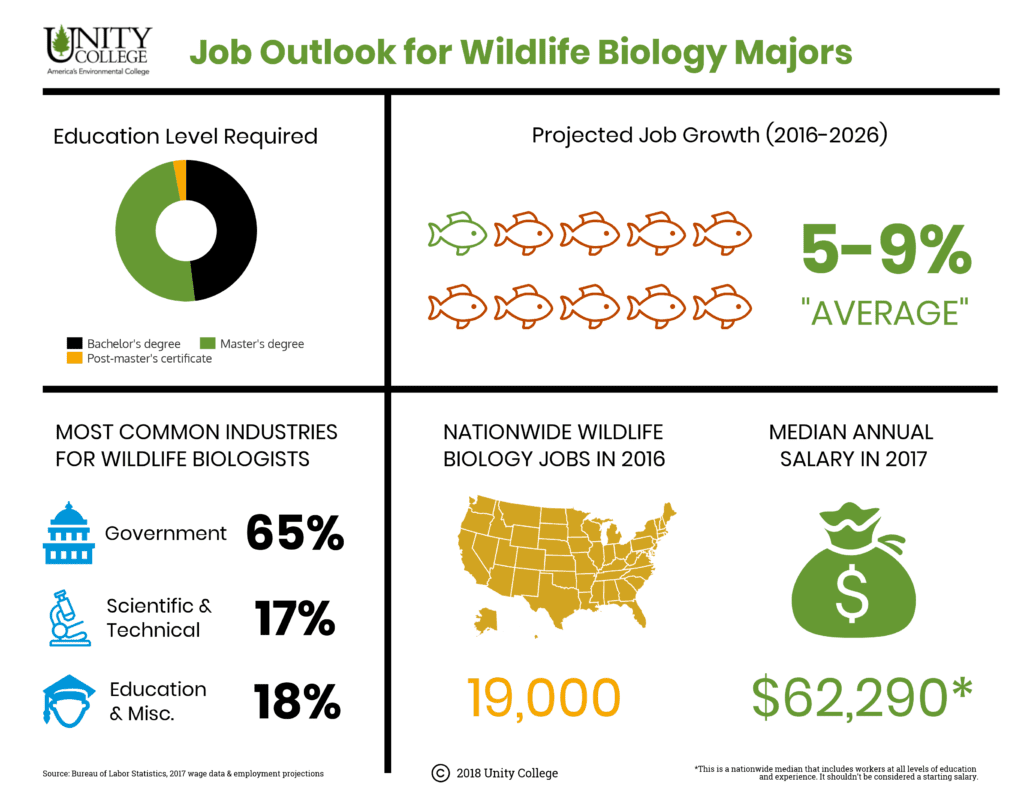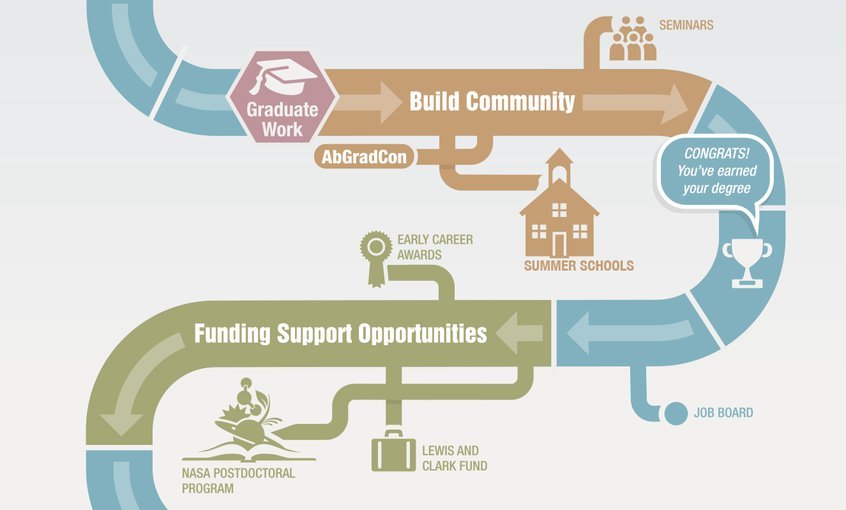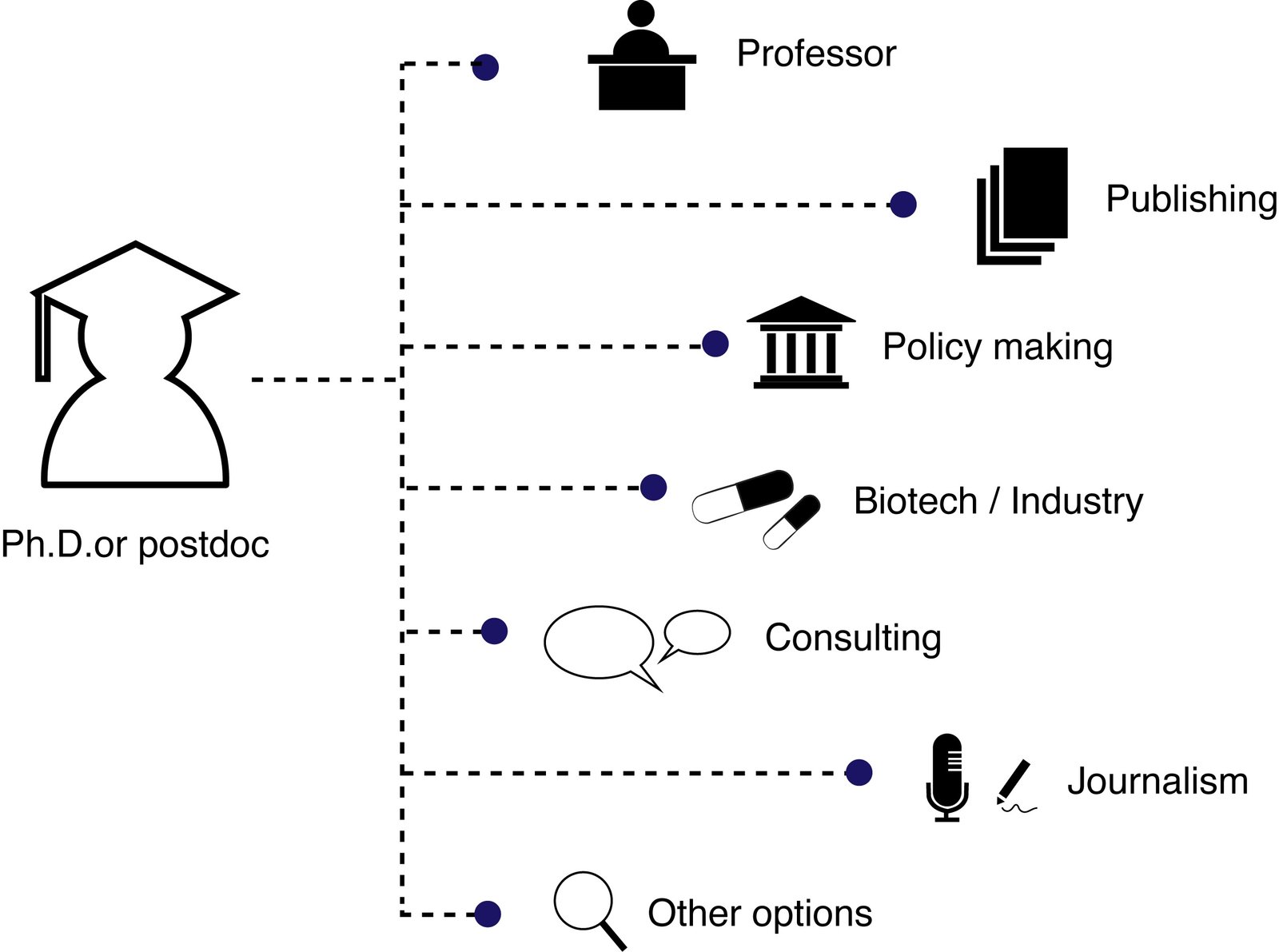If you’ve ever dreamt of exploring the wonders of nature, studying organisms and their environments, and contributing to the world of science, then becoming a biologist might be the path for you. In the United States, there are steps that can help guide you towards a successful career in biology. From obtaining a bachelor’s degree to gaining hands-on experience through internships or research opportunities, this article will walk you through the journey of becoming a biologist in the USA. So, grab your lab coat and get ready to embark on an exciting adventure in the world of biology!
Steps to Becoming a Biologist in the USA
Are you interested in pursuing a career in the field of biology? Becoming a biologist can be both rewarding and fulfilling, as it provides opportunities to contribute to scientific knowledge and make a positive impact on the world around you. If you’re passionate about studying living organisms and their environments, then a career in biology might be the perfect fit for you. Here are the steps you can take to become a biologist in the USA.

This image is property of unity.edu.
1. Obtain a Bachelor’s Degree
The first step in your journey to becoming a biologist is to obtain a Bachelor’s degree. A Bachelor’s degree in biology or a related field will provide you with a solid foundation of knowledge and skills required for further specialization. When choosing a relevant field of study, consider your areas of interest within biology. Whether it’s genetics, ecology, microbiology, or any other subfield, it’s important to select a major that aligns with your passion.
To complete the core coursework, you’ll take a variety of biology classes such as cell biology, genetics, physiology, and ecology. These courses will provide you with a comprehensive understanding of the fundamental principles and concepts in biology. Additionally, you’ll likely be required to take courses in chemistry, physics, and mathematics to strengthen your scientific background.
Gaining research experience is another crucial aspect of obtaining your Bachelor’s degree. Many universities offer undergraduate research opportunities where you can work alongside faculty members on ongoing research projects. This hands-on experience will not only enhance your understanding of the scientific process but also provide valuable skills and knowledge that will be useful in your future career as a biologist.
Participating in internships or volunteer work is also advisable during your undergraduate years. These experiences will allow you to gain practical knowledge and skills in a real-world setting, while also providing networking opportunities and a chance to explore different areas of biology.
2. Consider Pursuing Advanced Degrees
After completing your Bachelor’s degree, you may choose to further your education by pursuing advanced degrees in biology. While a Master’s degree is not a requirement for all careers in biology, it can provide you with a competitive edge and open doors to more advanced positions.
A Master’s degree in biology allows you to specialize in a particular area of interest within the field. It typically involves coursework, research, and the completion of a thesis or project. This degree will deepen your knowledge and understanding of biology while providing you with advanced laboratory and research skills.
If you have a strong passion for research and aspire to become an independent scientist, obtaining a Doctorate (Ph.D.) in biology may be the right path for you. A Ph.D. program is highly research-intensive and requires a significant commitment of time and effort. It typically involves coursework, comprehensive exams, and the completion of a doctoral dissertation based on original research. A Ph.D. will allow you to work on cutting-edge research projects, publish scientific papers, and contribute to the advancement of knowledge in your chosen subfield of biology.
The decision to pursue an advanced degree depends on your career goals and personal aspirations. It’s important to carefully weigh the time, financial, and commitment requirements before making a decision.

This image is property of astrobiology.nasa.gov.
3. Acquire Specialization
Once you have obtained your Bachelor’s degree and, if applicable, advanced degrees, it’s time to acquire specialization within the field of biology. Biology is a diverse and multidisciplinary field, and specializing in a specific area will enable you to develop expertise and contribute to scientific advancements in that particular subfield.
To choose a subfield of biology, consider your interests, strengths, and career goals. Whether it’s molecular biology, marine biology, or evolutionary biology, finding your niche will allow you to focus your efforts and delve deeper into a specific area of study.
To research and study specialized areas, it’s important to stay updated with the latest research publications and scientific literature. Reading scientific papers will not only keep you informed about the current state of knowledge but also expose you to different research methodologies and techniques. Additionally, attending conferences and workshops specific to your area of interest will provide valuable opportunities to exchange ideas, network with experts, and stay abreast of the latest developments in your field.
4. Build a Strong Foundation in Mathematics and Statistics
Mathematics and statistics are integral parts of biology. To become a successful biologist, it’s essential to develop a strong foundation in these subjects. Taking calculus and statistics courses will equip you with the mathematical and analytical skills necessary for data analysis and modeling in biology.
Calculus is particularly important in areas like population genetics, physiological modeling, and neural networks. Understanding these mathematical concepts will enable you to interpret and analyze complex biological phenomena, and help you make predictions and draw meaningful conclusions from your research data.
In addition to calculus, it’s important to grasp the principles of statistics. Statistics play a vital role in experimental design, hypothesis testing, and drawing statistical inferences. By applying statistical methods, biologists can better understand the significance and validity of their findings, and effectively communicate their results to the scientific community.

This image is property of i0.wp.com.
5. Develop Strong Analytical and Problem-Solving Skills
As a biologist, you will encounter a wide range of complex problems and challenges. Developing strong analytical and problem-solving skills is therefore crucial for success in the field. Practice critical thinking by questioning assumptions, evaluating evidence, and making logical connections between ideas.
Enhancing your data analysis techniques is also essential for a biologist. In today’s data-driven world, biologists are faced with vast amounts of data that require analysis and interpretation. Learning statistical software and programming languages, such as R or Python, will enable you to efficiently analyze and visualize data, uncover patterns, and generate meaningful insights.
6. Gain Laboratory Experience
Working in a laboratory is an integral part of a biologist’s career. Whether in an academic or research setting, gaining laboratory experience is essential for honing your technical and practical skills. In a laboratory, you’ll have the opportunity to learn how to handle various lab equipment, conduct experiments, and acquire techniques for data collection, measurement, and analysis.
Working in a lab also provides valuable insights into the scientific process and collaborative research environments. It allows you to work alongside experienced scientists and researchers, observe their methodologies, and learn from their expertise. Laboratory experience will enhance your problem-solving abilities, teach you how to troubleshoot experimental challenges, and give you a greater appreciation for the intricacies of biological research.

This image is property of www.wikihow.com.
7. Stay Updated with Current Research
To thrive in the field of biology, it’s crucial to stay updated with current research trends and discoveries. Scientific literature serves as a valuable resource for expanding your knowledge and staying informed about the latest advancements in your field of interest.
Stay engaged with scientific literature by regularly reading research papers, journals, and scientific magazines. This will keep you informed about groundbreaking discoveries, recent studies, and emerging theories. By staying up-to-date, you’ll be better equipped to identify research gaps, contribute to ongoing discussions, and potentially develop your own research questions and hypotheses.
Additionally, it’s important to follow renowned biologists and research institutions. Many scientists share their work and insights on social media platforms, creating opportunities for learning and networking. By following them, you’ll gain valuable insights into their research, stay connected with the scientific community, and build professional relationships that can aid your career development.
Attending scientific conferences and seminars is another effective way to stay updated with current research. These events provide platforms for scientific discourse, where researchers present their findings and discuss scientific breakthroughs. Participating in these events will expose you to diverse perspectives, novel ideas, and the latest advancements in your field.
8. Explore Opportunities for Fieldwork
Biology is about understanding life in its natural habitats, and fieldwork plays an important role in achieving this understanding. Participating in field research expeditions allows you to study organisms in their natural environments, observe ecological interactions, and collect data that cannot be obtained in laboratory settings alone.
Collaborating with conservation organizations provides an opportunity to contribute to environmental preservation efforts. Working with these organizations allows you to apply your biological knowledge to address real-world challenges, such as endangered species conservation, ecosystem management, and sustainability practices.
Fieldwork also provides hands-on experience in ecological studies. It helps you develop skills in data collection, species identification, and ecological sampling techniques. Additionally, fieldwork often involves working in diverse environments and challenging conditions, which enhances your adaptability, resilience, and problem-solving skills.

This image is property of www.wikihow.com.
9. Develop Strong Communication Skills
Communication skills are vital for a successful biologist. As a biologist, it’s essential to effectively communicate your research findings, ideas, and scientific concepts to various audiences, including fellow scientists, policymakers, and the general public.
Improving scientific writing is an important aspect of developing strong communication skills. Scientific writing requires clarity, precision, and adherence to specific formatting and citation styles. By honing your scientific writing abilities, you’ll be able to effectively communicate your research methodologies, results, and conclusions to the scientific community.
Enhancing your presentation and public speaking abilities is also crucial. Presenting your research at conferences, seminars, and meetings requires effective oral communication skills. Crafting well-structured presentations, delivering engaging talks, and responding to questions with clarity and confidence will help you effectively convey your research findings and engage with your audience.
Communication skills can also vary depending on the audience you are addressing. Learning science communication techniques for different audiences allows you to effectively communicate scientific concepts to non-scientific communities. Whether it’s presenting at a school, engaging in public outreach programs, or speaking to policymakers, the ability to adapt your communication style is important for promoting scientific literacy and understanding.
10. Seek Professional Certifications
Acquiring professional certifications can further enhance your qualifications and demonstrate your expertise in specialized areas of biology. Certifications provide additional validation of your skills and knowledge, making you a more competitive candidate for job opportunities and career advancement.
Explore certification options relevant to your chosen subfield of biology. Whether it’s in molecular biology techniques, wildlife ecology, or bioinformatics, obtaining certifications can provide specialized training and recognition of your competencies. These certifications may require passing an examination or completing specific coursework or training programs.
By obtaining certifications, you can showcase your commitment to continuing education, stay updated with cutting-edge techniques and technologies, and gain a competitive edge in the job market.
In conclusion, becoming a biologist in the USA involves a series of steps and a commitment to continuous learning and professional development. By obtaining a Bachelor’s degree, considering pursuing advanced degrees, acquiring specialization, building a strong foundation in mathematics and statistics, developing strong analytical and problem-solving skills, gaining laboratory experience, staying updated with current research, exploring opportunities for fieldwork, developing strong communication skills, and seeking professional certifications, you can embark on a successful and fulfilling career as a biologist in the USA. Remember to follow your passion, stay curious, and embrace the journey of exploring the wonders of biology.